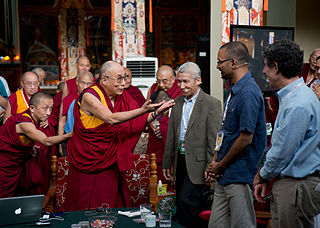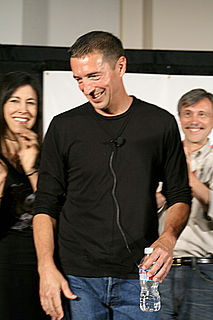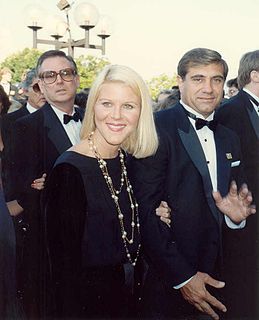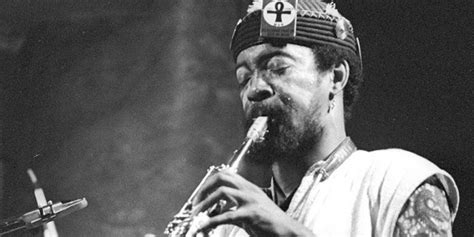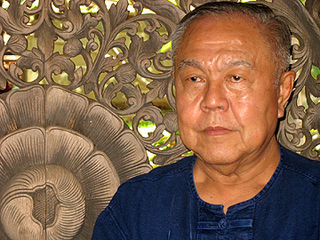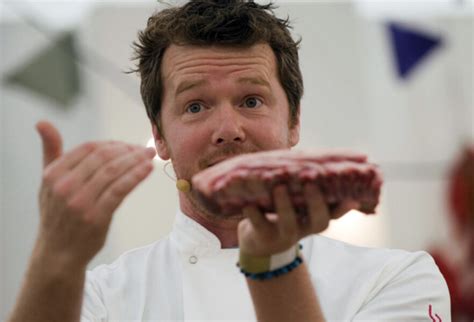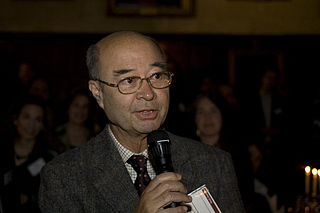Top 612 Tibetan Buddhist Quotes & Sayings - Page 4
Explore popular Tibetan Buddhist quotes.
Last updated on April 20, 2025.
Up to now my involvement in the Tibetan freedom struggle has been part of my spiritual practice, because the issues of the survival of the Buddha Teaching and the freedom of Tibet are very much related. In this particular struggle, there is no problem with many monks and nuns, including myself, joining.



